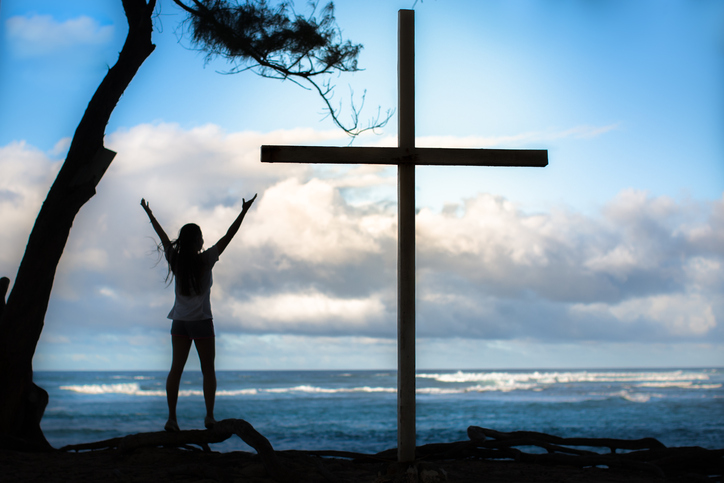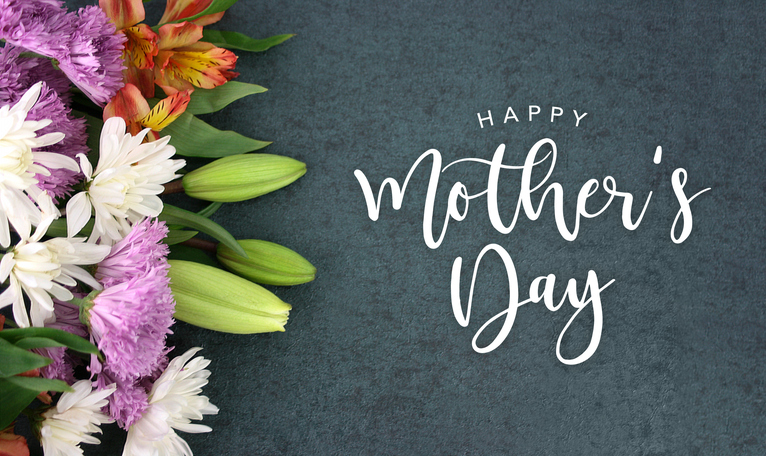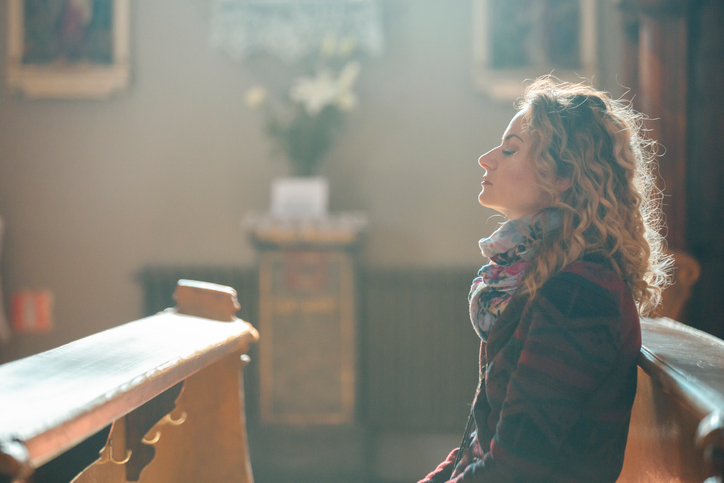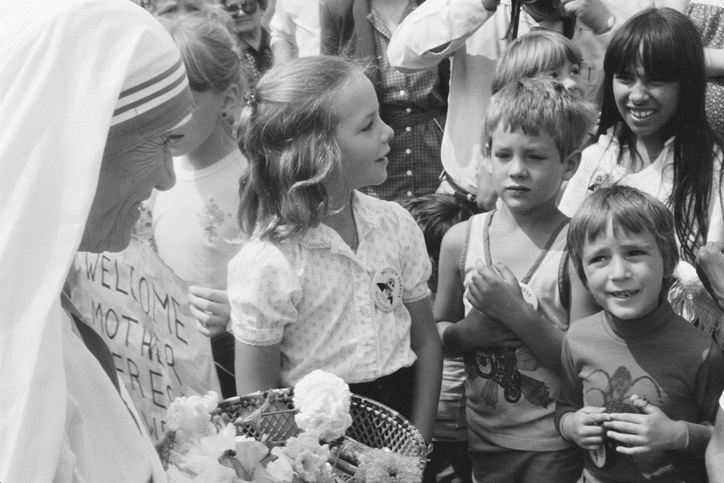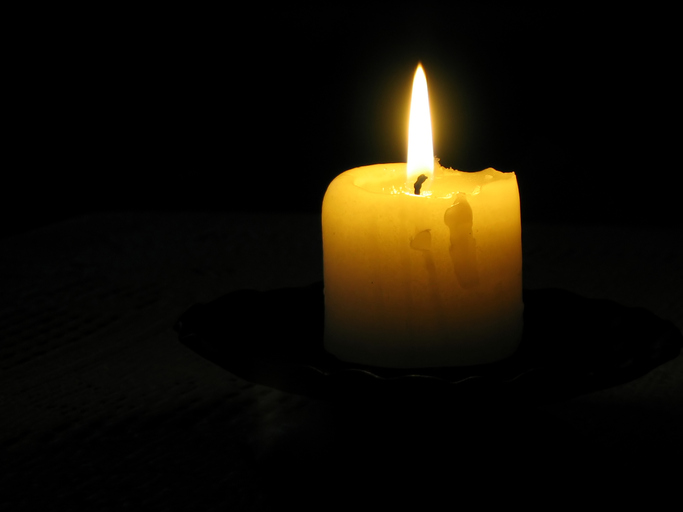“As the Father loves me, so I also love you.” (Jn 15:9)
It is so easy to gloss past these familiar words, but let them sink in for a moment. Just how deeply does the Father love the Son? So profoundly that the Holy Spirit “proceeds” from their love. It could not be contained in two Persons, They needed a Third! And the Son loves me in the exact same way?? How is that possible?! Now that is some amazing love!
And what is the fruit of knowing His amazing love? JOY! If we know that Jesus loves us to the extent He loves His Father, we should be filled to overflowing with joy. “I have told you this so that my joy might be in you, and your joy might be complete.” (Jn 15:11) Is this not what we all seek? To be happy and joyful? But perhaps we don’t find it because we are looking in all the wrong places.
My husband and I are often guilty of this. We live on a very tight budget. Throw in Catholic School tuition and you just broke the bank. Yet we recently started getting the itch for a new home with a big backyard for the little ones to expend some of their endless energy. We also have two older vehicles and would love a new SUV…just a small one, so my husband won’t feel so claustrophobic in the car, ya know… and the wish list just grows and grows.
We want this and we want that and before you know it, we begin to sound like our kids who do not yet understand that they can’t have everything they want when they want it! Perhaps it is in fact childish, but to some degree, we believe that having these things will make us happy. If only we could send the boys outside to play in a fenced-in backyard when they get rambunctious…if only our car didn’t burn antifreeze, we would be happy (or at least relieved of one more burden). But would these things bring us joy? True, deep, everlasting joy? I seriously doubt it.
Our joy comes from our friendship with God and the love He has for us. “I have called you friends, because I have told you everything I have heard from my Father. It was not you who chose me, but I who chose you.” (Jn 15:15) We have been called into the very life and friendship of God!
But as with most things in our Christian journey through life, there is a catch. In order to take part in this divine life, we must do what He commands, bear fruit that remains, and love one another. In other words, we have some work to do! We are loved, we are invited into joy, we are friends with God, but we have to put a little elbow grease and sweat equity into it. And if we do, our joy will truly be complete and our reward (God’s infinite love) will truly be great in heaven.

Tami Urcia is wife and mother to her small army of boys. She works full time at Diocesan and is a freelance translator and blogger (BlessedIsShe.net and CatholicMom.com) She loves tackling home projects, keeping tabs on the family finances, and finding unique ways to love. Tami spent early young adulthood as a missionary in Mexico, then worked and traveled extensively before finishing her Bachelor’s Degree. Her favorite things to do are spending time outside with the kiddos, quiet conversation with the hubby, and an occasional break from real life by getting a pedicure or a haircut. You can find out more about her here.
